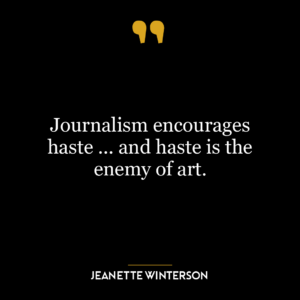This quote essentially means that someone who constantly praises or flatters another person is not helping them grow or improve, but rather holding them back. By always painting a rosy picture, they are preventing the person from seeing their flaws, weaknesses, or areas that need improvement. This could lead to complacency, lack of growth, and even a distorted sense of self. Hence, the flatterer is considered an enemy.
On the other hand, someone who points out a person’s faults or mistakes is helping them become a better person. By highlighting their shortcomings, they are providing the person with an opportunity to learn, grow, and improve. It may be uncomfortable or even painful to hear criticism, but it is necessary for personal development and growth. This person is hence seen as a maker, someone who contributes to the creation of a better individual.
Applying this idea to today’s world, it could be seen in various contexts such as personal relationships, workplaces, or even in self-improvement. For instance, in a work setting, a manager who always praises their employees without providing constructive criticism may create a workforce that is complacent and lacks initiative. On the other hand, a manager who provides constructive feedback helps their employees improve their skills, work on their weaknesses, and ultimately become better at their jobs.
In personal development, this idea emphasizes the importance of self-awareness and the willingness to accept and work on one’s flaws. It is easy to surround oneself with people who always agree and flatter, but growth comes from being challenged and pushed to improve. This could mean seeking out mentors or coaches who can provide honest feedback, or even practicing self-reflection to identify areas for improvement.
In conclusion, while flattery may feel good in the moment, it does not contribute to one’s growth or improvement. On the other hand, constructive criticism, while it may be hard to hear, is ultimately more beneficial as it provides the opportunity for growth and self-improvement.







